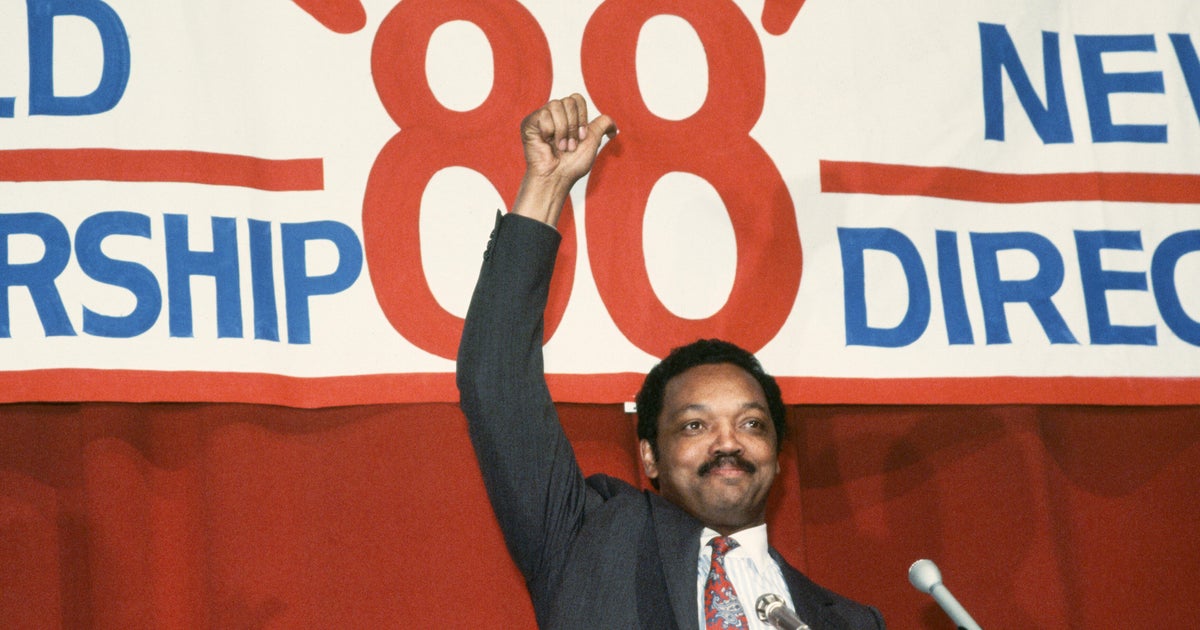The hunt for dollars in the 2020 presidential campaign
"Where Did You Get This Number?" is a podcast going inside the 2020 presidential campaigns, with analysis from CBS News campaign embeds, polls and other stories from the 2020 race. Subscribe today!
This episode originally aired in April 2019. The introduction has been updated.
The third quarter fundraising numbers for the 2020 Democratic presidential candidates were just released, with Senator Bernie Sanders setting a record for the number of donors that have contributed to his campaign. In contrast, former New York City Mayor Michael Bloomberg is self-funding his campaign and just launched his entry into the race with a multi-million dollar ad campaign.
This campaign season has emphasized the small donor, focusing on the grassroots efforts and even embedding this paradigm into the presidential debate qualifications. Why is that and how does it fit into the broader picture of money in the presidential race?
On this week's episode of the "Where Did You Get This Number?" podcast, host Anthony Salvanto explores the nature of individual political donations within the context of campaigns, psychology, and the campaign finance system as a whole.
Presidential candidates' desire to project grassroots support, especially through small donors, had made candidates like former Texas congressman Beto O'Rourke more viable, even though they might not have been in previous presidential cycles, according to Democratic strategist and CBSN contributor Lynda Tran.
"It's the big irony during the era of Trump that basically anything big is bad," Tran said. "Whether you're talking about big donors, big business, big interest groups, they're all perceived as antithetical to being for the little guy."
Tran said much of the current political fundraising strategy started with former President Barack Obama's 2008 presidential campaign, citing his multi-million-person email list and how he was able to bring in people who normally didn't participate in the political process.
"You're seeing that the grassroots donor, this citation about the average amount donated, is an important marker to showcase that you have broad-based support, and that is likely to translate into support at the ballot box as well," she said.
But what makes someone want to donate to a political campaign in the first place?
Part of it is buying a kind of participation in the political process, according to Michael Barber, assistant professor of political science at Brigham Young University. He compared it to buying a ticket to a sports game.
"There's no expectation that me sitting in the stands cheering on my team is actually going to make a difference," Barber said. "But it's still fun to be there."
Online donation platforms, such as ActBlue, have made it much easier for everyday people to donate to political campaigns, while also making it easier for the campaigns to get donor data, since the Federal Elections Commission only collects data of people who donate more than $200.
But one effect of online donation platforms is that people are donating to campaigns outside of their own districts and states, according to Carrie Levine, deputy federal politics editor and senior reporter at the Center for Public Integrity.
"You saw regular people looking around saying, well, I'm in a safe district," Levine said, referring to the 2018 congressional midterm elections. "I don't really have a race that I could get very engaged with here, but man, this candidate in Kansas, Sharice Davids, or this candidate in Kentucky, Amy McGrath — they need the dollars, I'm going to send some money."
Subscribe to "Where Did You Get This Number?" and download the latest episode to learn more about how political donors differ from the average American, whether fundraising numbers are a good metric for a candidate's success, and more!
The podcast is available on Apple Podcasts, Google Play, Stitcher, Spotify, Art19, or wherever you get your podcasts.
Host: Anthony Salvanto, Director of Elections and Surveys at CBS News
Guests: CBS News Political Contributor Lynda Tran, Brigham Young University Politics Professor Michael Barber, Center for Public Integrity Senior Reporter Carrie Levine
Team: Luis Giraldo, Oscar Gonzalez, Maeve Burke, Zachary Shaw, Allen Peng
Twitter: @WDYGTN



